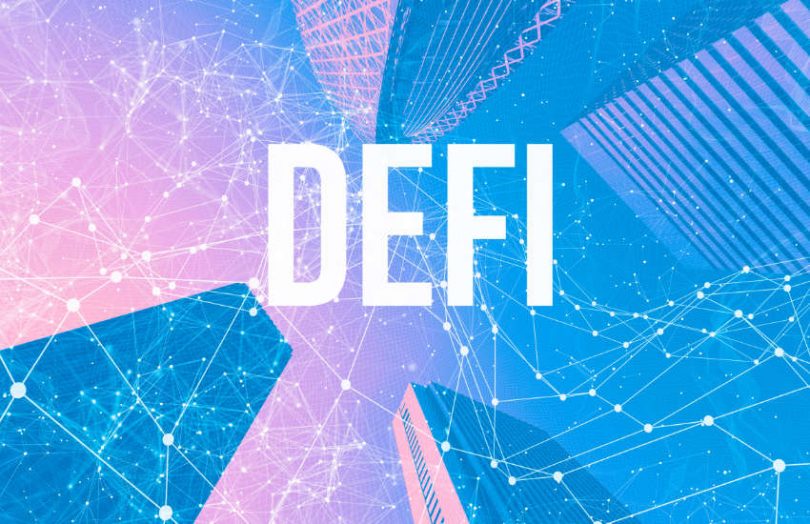Yesterday, DeFi lending protocol Aave Arc went live, enabling permissioned DeFi pools where participants have been through AML and KYC procedures with digital asset custodian Fireblocks acting as the whitelister. The topic was first broached last July.
Fireblocks – fresh off a $400 million December funding – shared names of some of the 30 institutions, and no banks were amongst those disclosed. All the participants mentioned are well known in the cryptocurrency sector. We’ve asked whether there are any un-named banks in the group but didn’t receive a response in time for publication. We’re aware of a few interested banks.
For those unfamiliar with Aave, the permissionless version allows users to deposit and earn interest on stablecoins or cryptocurrencies such as wrapped Bitcoin or Ether. There is currently almost $25 billion deposited. Typically a borrower will provide a cryptocurrency as collateral and then borrow stablecoins against it for up to 85% of the cryptocurrency’s value. This happens without intermediaries. It’s possible to earn 3% interest on USDC stablecoin deposits.
The reason for the high returns is users don’t want to sell their cryptocurrency, so they’d rather borrow against it. And it’s not entirely risk-free. Typically it’s possible to borrow 85% of the collateral deposited. So there’s a risk if there was a very substantial cryptocurrency market movement. While the collateral would automatically be liquidated in a disrupted market, that may not be possible to do quickly.
But there are also smart contract risks. For example, a bug in a software upgrade by competitor lending protocol Compound gave away $80 million of Compound tokens. However, it did not put user funds at risk.
The question is whether a permissioned pool would make it easier to fix issues such as these. In traditional finance, market participants often agree to reverse errors because they know they could experience similar issues in the future.
Aave Arc, the permissioned version, has a smaller range of tokens compared to the permissionless version – Wrapped bitcoin, ETH, USDC and AAVE.
The institutions that disclosed their involvement are Anubi Digital, Bluefire Capital (acquired by Galaxy Digital), Canvas Digital, Celsius, CoinShares, GSR, Hidden Road, Ribbit Capital, and Wintermute.
Meanwhile, multiple crypto hedge funds are taking advantage of DeFi borrowing significant sums of money with dedicated pools and no collateral. For example, there are more than $54 million in loans in the Alameda Research USDC Pool on Maple Finance, where it’s paying an APY of 18%. The big difference here is it’s a straight loan without collateral. BlockTower Capital borrowed a similar amount.






